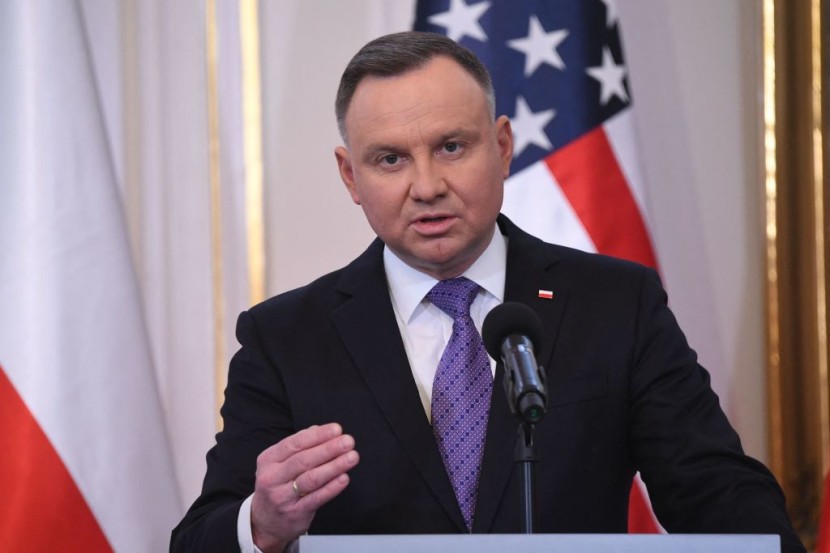
Several NATO member country leaders have expressed concern about the Wagner mercenary group's recent redeployment to Belarus following its failed mutiny against Russia.
The international leaders include those from Latvia, Lithuania, and Poland, which all share a border with Belarus. News about the Wagner group's partial redeployment comes after Yevgeny Prigozhin claimed that Moscow's military troops had killed roughly 30 of his mercenaries in a missile strike.
NATO Warns of Wagner Redeployment to Belarus
The short-lived rebellion ended after peace was brokered on the agreement that the Kremlin charges would be dropped against the Wagner leader if he agreed to exile in Belarus. On Tuesday, Belarusian President Alexander Lukashenko announced that Prigozhin arrived in his country, where he is set to build a new Wagner base.
In a statement, Polish President Andrzej Duda acknowledged that the "de facto relocation" of Russian military troops and the Wagner group to Belarus has started. As per Newsweek, he added that these moves are considered "negative signals" for them.
Reports noted that Duda also spoke about bolstering the security forces of NATO's eastern flank, particularly around Poland and the Baltic states, because of Wagner's redeployment. He also urged the military alliance members' leaders to address the situation immediately.
On the other hand, Lithuanian President Gitanas Nauseda made similar comments after a meeting in The Hague with six NATO allies. He noted that if the Wagner mercenary group deploys its killer troops in Belarus, all neighboring countries are at bigger risk of instability.
The Lithuanian president's comments add to his remarks on Sunday following a state security council meeting held in Vilnius, which will also be the host city for a scheduled NATO summit on July 11 to July 12.
NATO Secretary-General Jens Stoltenberg said it was still too early to say what the Wagner group's redeployment to Belarus could mean for the alliance's members. According to Reuters, he also stressed the increased defense of the group's eastern flank in recent years.
Threat to NATO Allied Countries
Stoltenberg added that they have already sent a clear message to Russia and Belarus that the military alliance exists to protect every single ally and every single inch of its territory. He noted that they have already strengthened their military presence in the eastern flank and added that they would make further decisions to bolster collective defense with more high-readiness forces and capabilities at the upcoming summit.
The NATO secretary-general also said that the Wagner group's failed mutiny against Moscow's "illegal war" against Ukraine had deepened divisions within Russia. Furthermore, Stoltenberg said it would be a mistake to underestimate Russia, making it more crucial to support Ukraine.
Lithuanian Foreign Minister Gabrielius Landsbergis said it would take roughly eight to 10 hours for Wagner mercenaries to appear in Belarus suddenly. He commented on the speed at which the group's soldiers advanced toward Moscow.
Nauseda noted that if Wagner leader Prigozhin or part of his mercenary group ends up in Belarus with unclear plans and intentions, it could simply mean that Lithuania would be forced to bolster the security of its eastern borders, said the Kyiv Independent.








